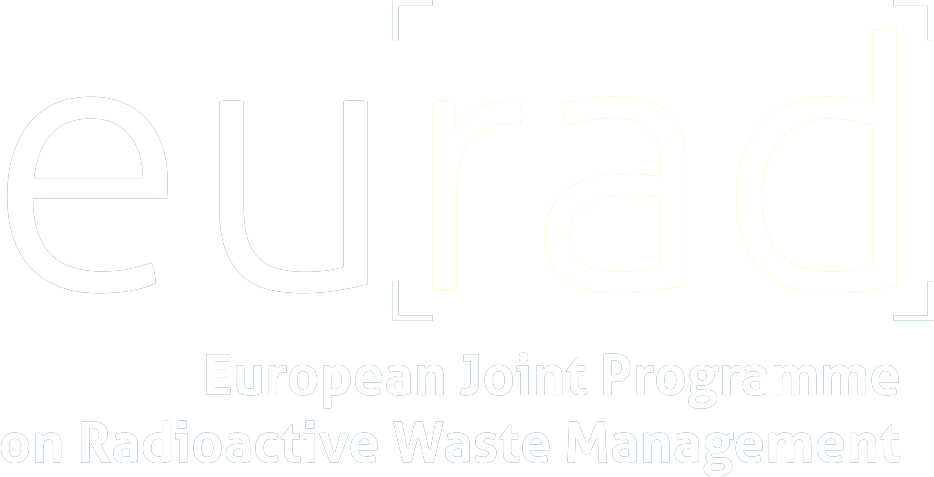Modelling groundwater processes is an important part of research on deep geological repositories of radioactive waste. As modelled processes involve uncertainties, we utilise the multilevel Monte Carlo method (MLMC) to obtain chosen statistics. However, MLMC cannot be applied directly when dealing with discrete fracture-matrix (DFM) models where both continuum and fractures are captured. In order to represent small fractures of a fine DFM model in a coarse DFM model, numerical homogenization is adopted. The numerical homogenization procedure is relatively slow because of the necessity of calling simulation software multiple times per MLMC sample. We investigated to what extent replacing numerical homogenization by a computationally-fast meta-model based on deep learning techniques, convolutional neural networks (CNN) in particular, can accelerate the MLMC computations.
During the mobility action, a meta-model for numerical homogenisation of the effective tensor of hydraulic conductivity of a DFM model was investigated. The specific architecture of deep neural networks that consists of a convolutional neural network followed by a feed-forward neural network was identified as a suitable meta-model to substitute original numerical homogenisation. The meta-model reaches an accuracy (R-squared) of ca. 90 % for all three independent values of hydraulic conductivity tensor.
Code integrating the existing mlmc library and numerical homogenisation was developed. Employing the meta-model of numerical homogenisation within MLMC provides us with computational cost savings of around 50 % compared to MLMC using numerical homogenisation. The comparison was performed on a DFM model that simulates the effective tensor of hydraulic conductivity of the whole domain of interest. So far, only the two-dimensional case has been studied.


